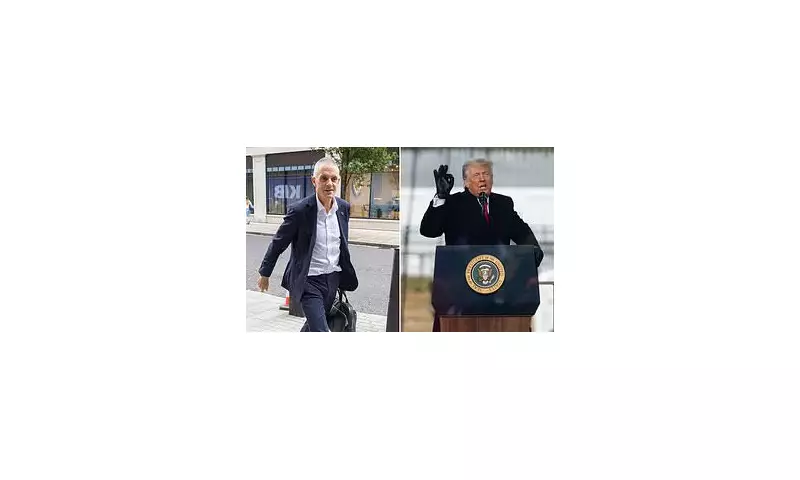
The BBC is mounting a robust legal defence against a multi-billion dollar lawsuit from Donald Trump, asserting the former US President has no grounds to sue because the misleadingly edited Panorama programme was never broadcast to American audiences.
Leadership Fallout and Legal Standoff
The corporation finds itself in turmoil following the dramatic resignations of Director-General Tim Davie and CEO of News Deborah Turness last week. Their departures came amid intense criticism over a 12-second doctored version of one of President Trump's speeches featured in the documentary Trump, a Second Chance?, which aired during the presidential election period.
Legal representatives for the broadcaster have formally responded to Mr Trump's legal threat, firmly stating he has no case. The BBC subsequently admitted an 'error of judgment' and expressed readiness to apologise to the President, though it has ruled out any financial settlement.
The Core of the BBC's Defence
Central to the BBC's argument is the revelation that the controversial documentary never aired in the United States. According to reports in The Times, the BBC held no broadcasting rights for the programme in the US market. Furthermore, American viewers were unable to access the content through iPlayer because the broadcaster had implemented geo-blocking restrictions.
The disputed 12-second clip spliced together two separate sections of Mr Trump's speech from the period leading up to the Capitol riot on January 6, 2021, creating the impression the President had made a 'direct call for violent action'.
BBC lawyers have presented a compelling counter-argument, questioning how Mr Trump could have suffered 'overwhelming ... reputation harm' when he ultimately won the presidential election. They emphasised the edit was not made with malicious intent and contrasted the brief clip with the overall tone of the hour-long programme, which aimed to explore why the President's supporters voted for him.
Escalating Threats and Internal Morale
Mr Trump has intensified his legal threats, now pursuing a $5 billion claim in the state of Florida, significantly increasing his initial $1 billion demand. He recently told GB News he feels 'an obligation' to pursue the matter and intends to raise the issue directly with Keir Starmer.
A BBC spokesman confirmed there has been 'no further contact from President Trump's lawyers at this point' since the initial threat, adding: 'Our position remains the same.' The corporation also noted it has no plans to settle with Mr Trump, despite his history of reaching out-of-court agreements with US media giants including Disney's ABC, Paramount's CBS, and Meta, the parent company of Facebook.
Internally, the scandal has prompted senior figures to rally staff. Kate Phillips, the BBC's chief content officer and frontrunner to succeed Mr Davie, sent an internal email praising her 'incredible' colleagues. She acknowledged the 'understandable upset and frustration at what has happened' while encouraging staff to 'check in' with news colleagues facing external 'attacks'.
Ms Phillips referenced Culture Secretary Lisa Nandy's parliamentary address highlighting 'the danger of sustained attacks against the BBC', while maintaining the corporation must remain 'utterly accountable' for editorial failings.





